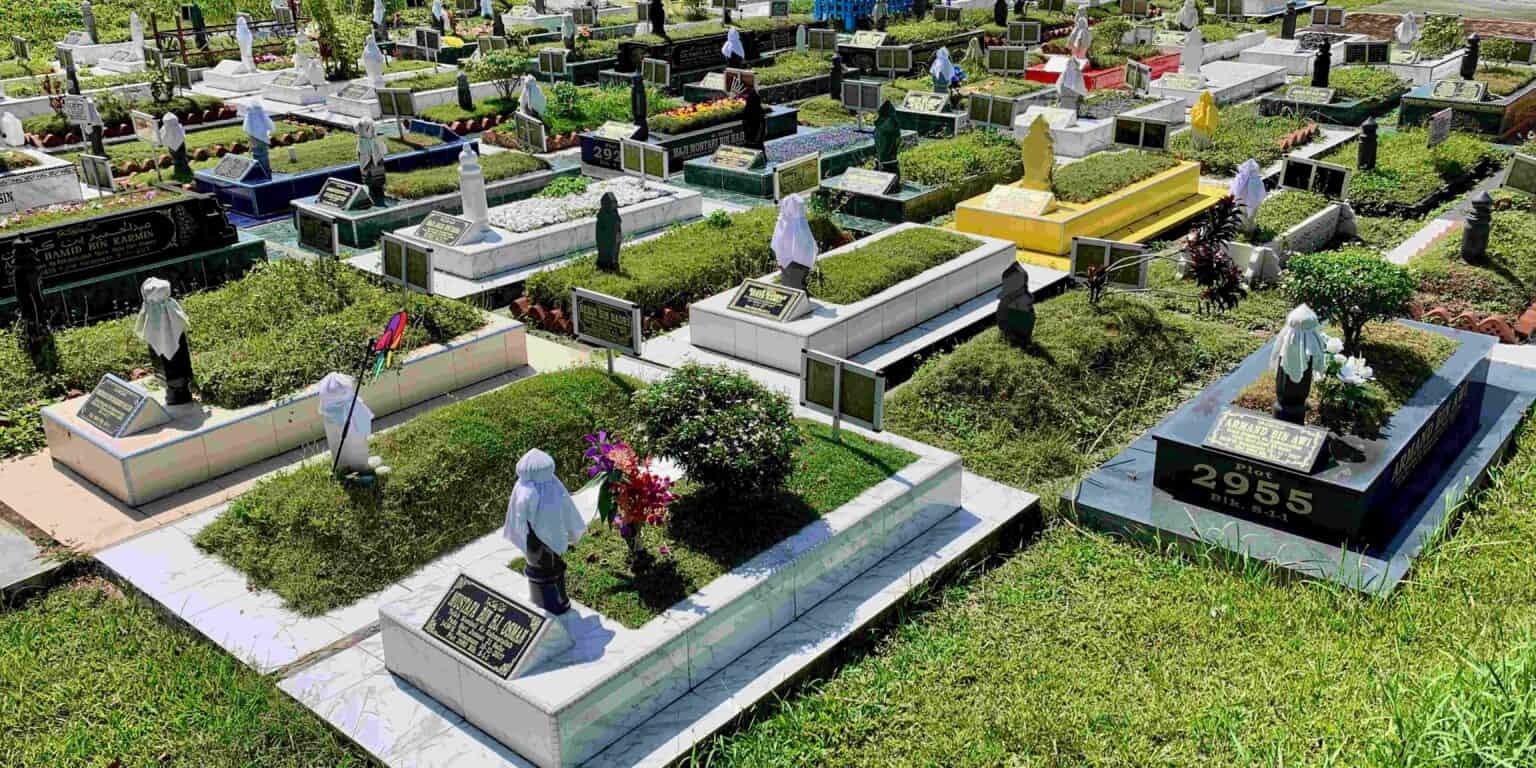As environmental awareness grows, an increasing number of individuals are seeking alternative burial methods that align with their eco-conscious values. Traditional burial practices, which often involve embalming, coffins, and concrete burial vaults, have significant environmental impacts. In response to this concern, alternative burial methods are gaining popularity as sustainable and nature-friendly options. This article explores two of the most notable alternative burial methods – aquamation and natural burial – and how they offer environmentally responsible and meaningful ways to bid farewell to our loved ones.
1. Aquamation: The Gentle Water-Based Option
Aquamation, also known as alkaline hydrolysis or water cremation, is an innovative and eco-friendly alternative to traditional cremation. This method involves placing the deceased in a specially designed vessel filled with a mixture of water and alkaline chemicals. The vessel is then heated and pressurized, allowing a gentle, water-based process to occur.The benefits of aquamation include:Eco-Friendly Process: Aquamation consumes significantly less energy compared to traditional cremation and eliminates the release of harmful emissions associated with cremation, such as carbon dioxide and mercury.
Eco-Friendly Process: Aquamation consumes significantly less energy compared to traditional cremation and eliminates the release of harmful emissions associated with cremation, such as carbon dioxide and mercury.
Minimal Land Usage: Unlike traditional burials, aquamation does not require large plots of land for cemeteries. This method provides a more space-efficient solution, which is especially valuable in urban areas facing land scarcity.
Residue and Safe Byproducts: After the aquamation process, the remaining bones are reduced to a fine, sterile powder that can be returned to the family as ashes. Any liquid byproducts are safe for disposal, containing no harmful chemicals.
2. Natural Burial: Returning to the Earth
Natural burial is an ancient and environmentally friendly burial method that returns the body to the earth in a biodegradable manner. In contrast to traditional burials, which often involve embalming and concrete burial vaults, natural burial emphasizes simplicity and harmony with nature.
Key aspects of natural burial include:
Biodegradable Materials: The deceased is placed in a biodegradable casket or shroud made from natural materials such as wicker, bamboo, or linen. These materials break down over time, allowing the body to return to the earth naturally.
No Chemical Preservation: Natural burials avoid the use of embalming chemicals, which can be harmful to the environment and seep into the ground.
Native Landscapes: Natural burial sites are often designated as nature reserves or protected green spaces, promoting conservation efforts and biodiversity.
Conservation of Resources: By eschewing concrete vaults and non-biodegradable materials, natural burial conserves resources and reduces the overall ecological impact.
Creating a Legacy of Sustainability
Both aquamation and natural burial offer families the opportunity to create a legacy of sustainability and environmental responsibility. These alternative methods embrace the cycle of life, emphasizing the connection between humans and the natural world.
The decision to opt for an alternative burial method can be an essential aspect of a person’s legacy, reflecting their commitment to environmental stewardship and their desire to leave a positive impact on the planet for future generations.
Supporting Eco-Friendly Funeral Practices
As the demand for alternative burial methods grows, an increasing number of funeral homes and cemeteries are offering eco-friendly services. Families seeking these options can explore green cemeteries that provide natural burial sites or funeral homes equipped to perform aquamation.
Funeral directors and staff who specialize in alternative burial methods are essential in guiding families through the process, addressing their questions, and ensuring that all eco-conscious preferences are met.
The Importance of Open Dialogue
Discussing funeral preferences and alternative burial options with loved ones is essential. Open dialogue regarding eco-friendly burial methods can help ensure that the deceased’s wishes are respected and that the farewell ceremony aligns with their values.
By initiating conversations about alternative burial methods, individuals can educate their families and foster a greater understanding of eco-conscious funeral practices. This dialogue may also encourage other family members to consider environmentally responsible options for their own future arrangements.
As our society increasingly embraces environmental consciousness, alternative burial methods like aquamation and natural burial are gaining popularity. These sustainable and eco-friendly options offer a more harmonious way for our loved ones to return to the earth, leaving a positive impact on the environment even in their passing.
Aquamation’s water-based process and natural burial’s return-to-nature approach resonate with those seeking meaningful and eco-conscious farewells. As funeral practices evolve to meet the needs of a changing world, alternative burial methods will continue to play a vital role in supporting our collective commitment to preserving the environment for future generations.

